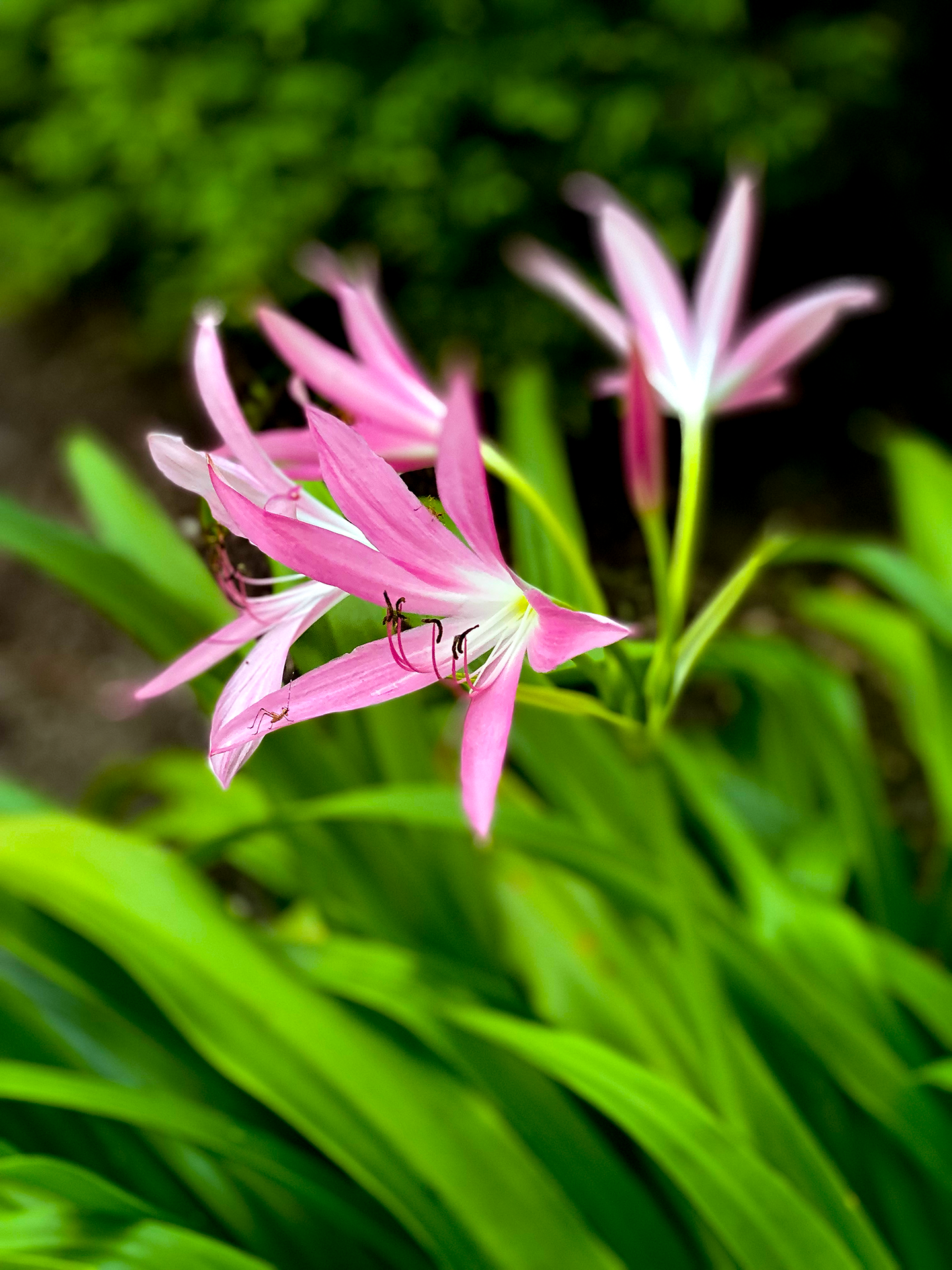
Education
There are various yearly and summer educational opportunities for children. They all involve hands-on and engaging activities (both indoors and outdoors) to immerse children in nature and the local environment. All are FREE (no charge) or the enrollment fee is refunded to students at the conclusion of the class. Instructors have advanced degrees (M.S./PhD.) in natural sciences and mathematics and decades of teaching experience in public schools and colleges. Student volunteers from “Future Teachers” organizations are also involved with the children.
The following educational opportunities are offered at different times of the year:
-
Nature Scavenger Hunts: These are 2-3 hours long and are requested for specific days during the year by organizations such as public/private/homeschool classes, YMCA groups, 4-H groups, etc. The hunts are designed for a specific age range and the maximum size is 24 students.
-
Summer Environmental Science Camps: These are three consecutive days from 9 – 11:30 a.m. Dates are scheduled by the Nature Center instructors (usually in July). Age group is 10-13 yrs. of age and the maximum size is 12 students.
-
Boy Scout Merit Badge Achievement: Attainment of objectives for badges in “Nature” and “Environmental Science” will be offered at different times of the year and dates are scheduled by the Nature Center instructors. The maximum size is 12 scouts.
-
Girl Scout Merit Badge/Patch Achievement: Attainment of objectives for badges/patches in “Outdoors” will be offered at different times of the year and dates are scheduled by the Nature Center instructors. The maximum size is 12 scouts.
-
Agricultural Education (Entomology): Opportunities for insect collection, identification, and practice in team/individual competitions can be requested for specific days during the year by high school Agricultural classes. The maximum size is 12 students.
-
Mathematics in Nature: Within a natural setting, observe and calculate natural patterns that exhibit mathematical principles like symmetry, spirals, and repeating sequences, showcasing the underlying mathematical order in the natural world. Offered at different times of the year or can be requested for specific days. The maximum size is 12 students.
Please view our website and Facebook page for current information and dates of educational opportunities. Contact Diana Frankson (Educational Director/Instructor) at dmfrankson@gmail.com to schedule or to seek more information.
Links
Birding
Bird Watching with Binoculars – A guide for watching birds with binoculars.
Gulf Coast Bird Observatory – The mission of the Gulf Coast Bird Observatory is the conservation of birds and their habitat in and around the Gulf of Mexico.
Great Texas Coastal Birding Trail – The Trail runs from the Louisiana border clear to Mexico. It stretches over five hundred miles along the coast and comprises more than three hundred separate sites.
Travel South Texas - Matagorda County Birding – Over 300 birding sites and rookeries in South Texas with detailed maps showing the locations.
Mad Island Bird Count 2015 – Spreadsheet with the results of the count
Mad Island Bird Count 2015 – Document with the highlights and includes photos
Butterflies
The North American Butterfly Association (NABA) – By far, the largest group of people in North America (Canada, United States, and Mexico) that is interested in butterflies. It is a nonprofit membership organization working to increase public enjoyment and conservation of butterflies.
Garden Treasures – Where Do Butterflies Come from?
Kremp Florist – How to Make a Butterfly Garden
Fun Facts About Butterflies – Links to all manner of information on butterflies from fun facts to butterfly gardening and more.
Creating Pollinator Gardens – Flower Fragrances to Attract Pollinators
Conservancy and Parks
Nature Conservancy in Texas - Main Nature Conservancy site.
Matagorda Bay Nature Park – A 1,600-acre park and preserve at the mouth of the Colorado River on the Matagorda Peninsula. LCRA developed the park to provide recreation, education, wetlands preservation and economic benefit to the region.
Texas Cooperative Extension – Extension offers practical, how-to education based on university research. It’s available to any resident of Texas.
Houston Audubon Society – The Houston Audubon Society (HAS) works for the thoughtful conservation of the earth’s natural resources by educating people about the value of the natural world; protecting, preserving and enhancing wildlife habitat; and encouraging the passage of legislation to protect the environment.
